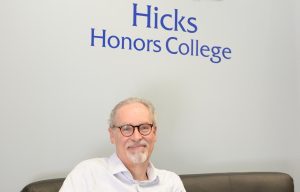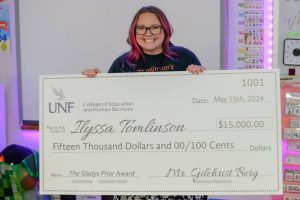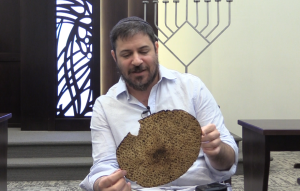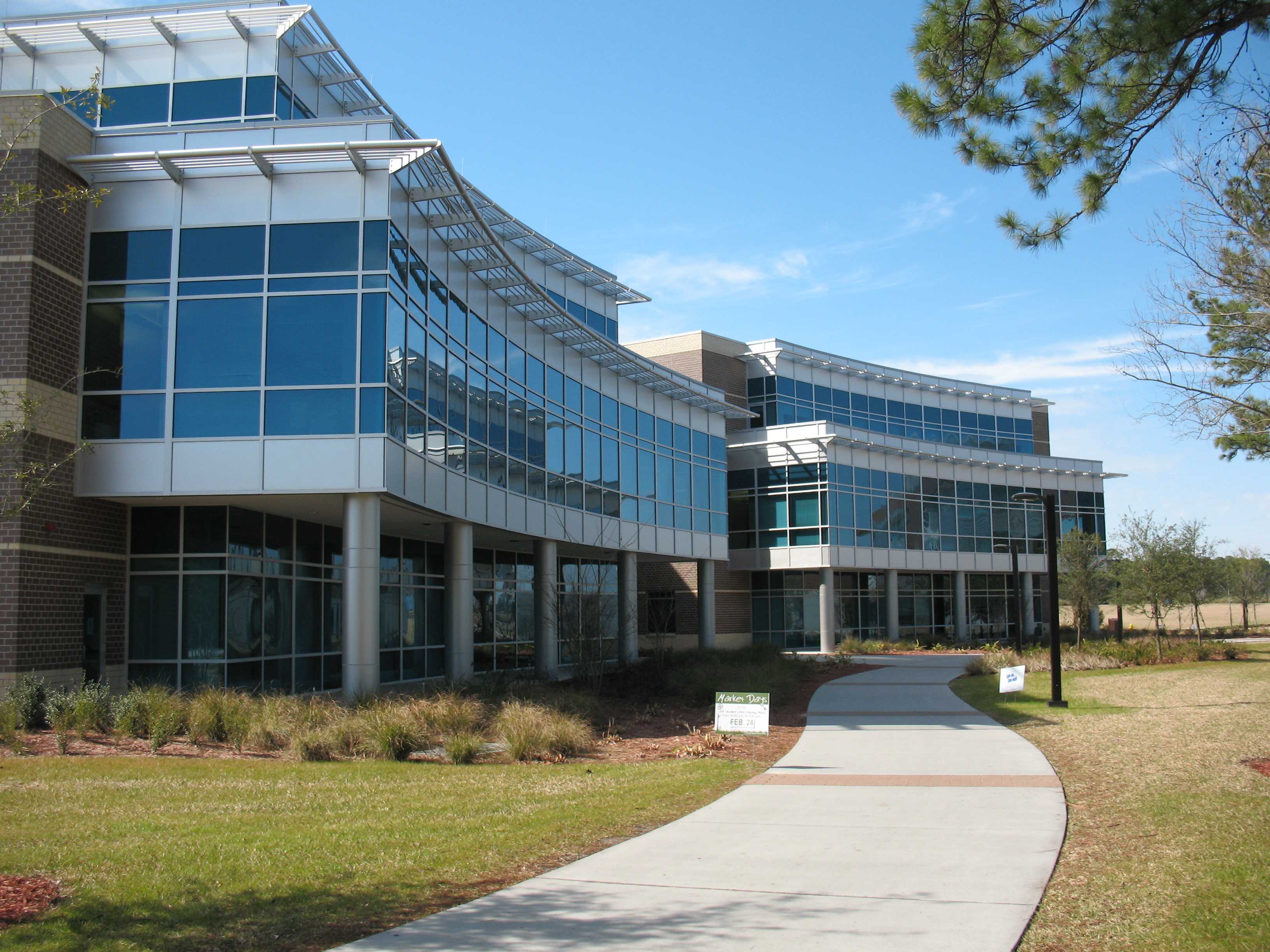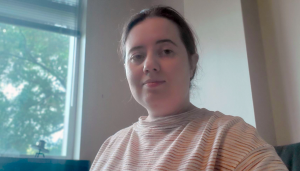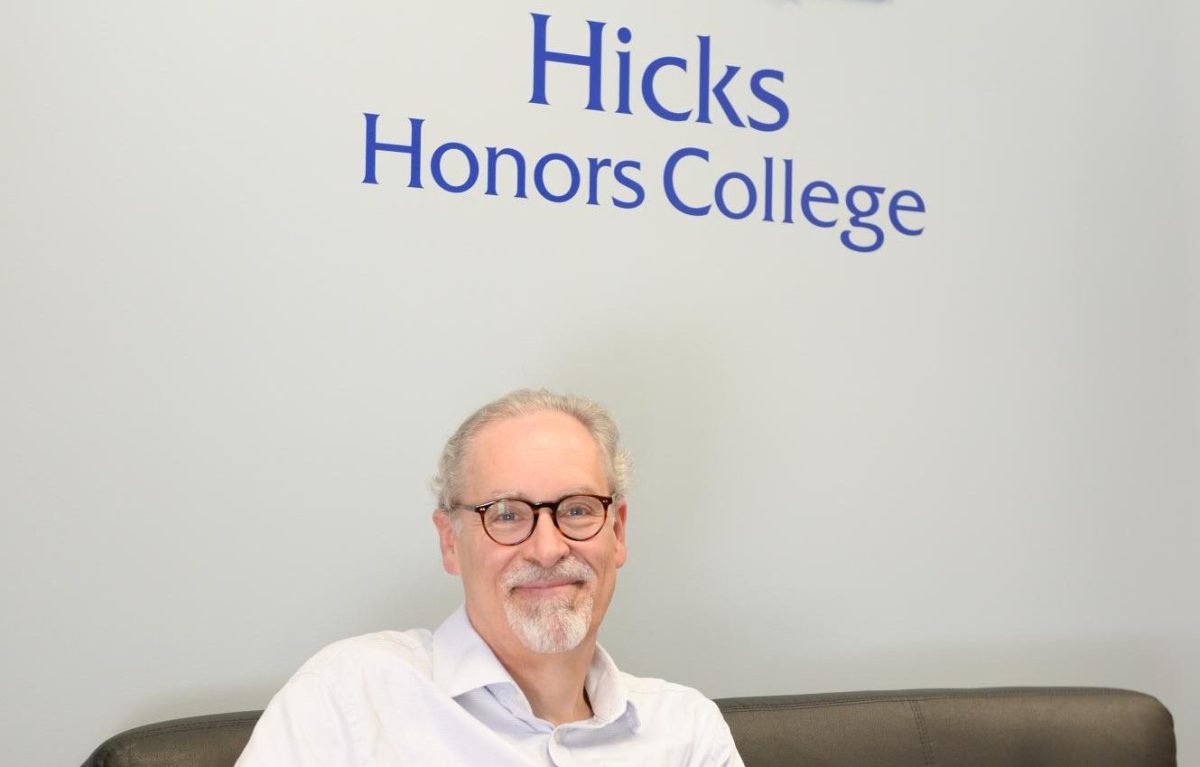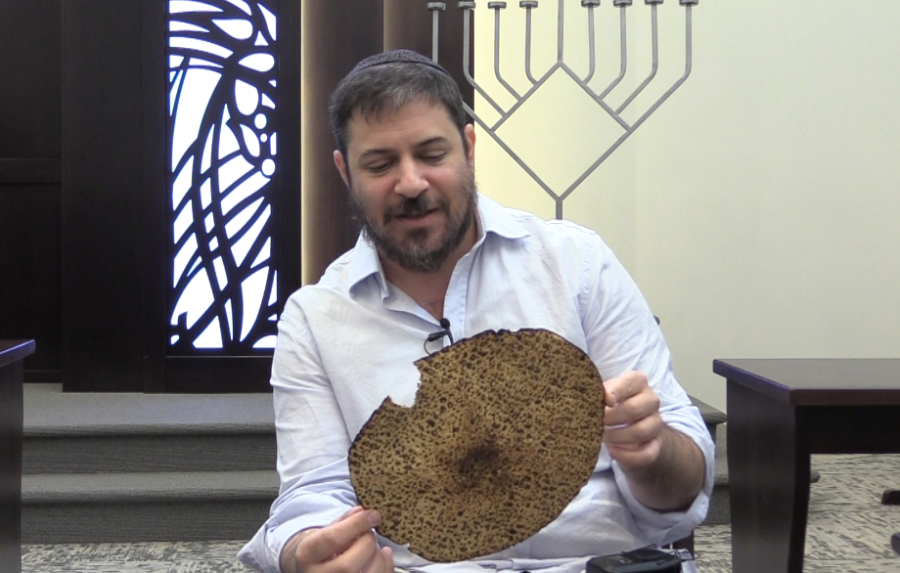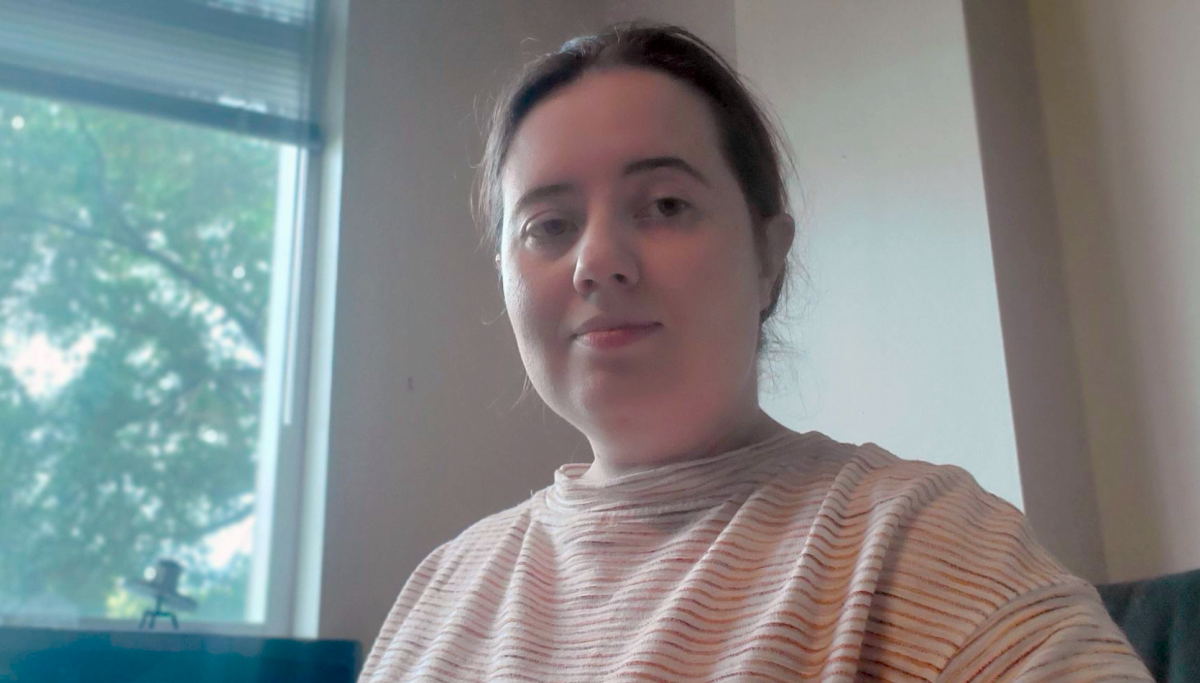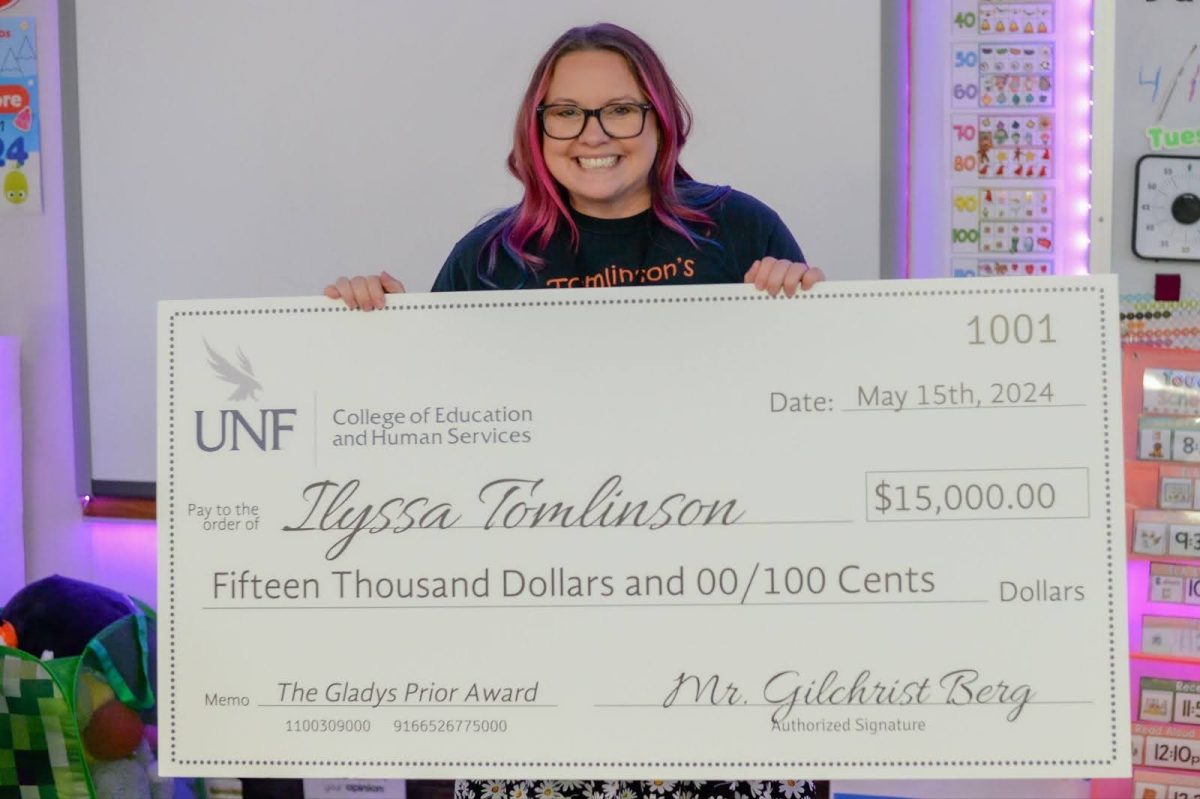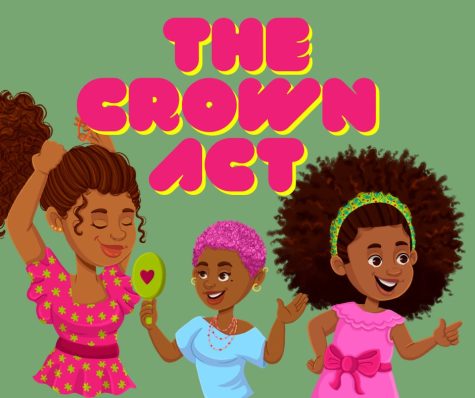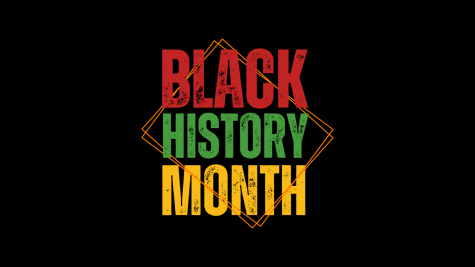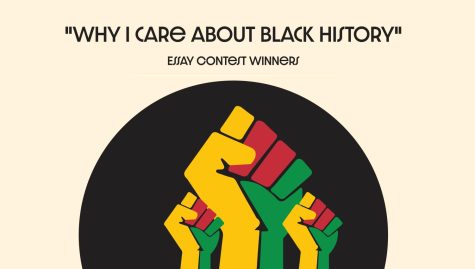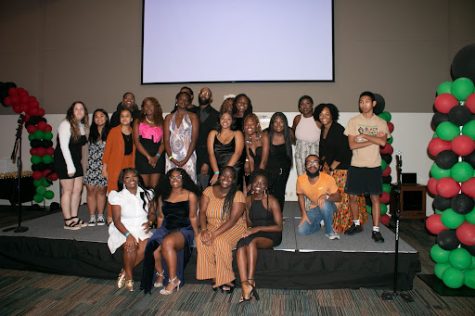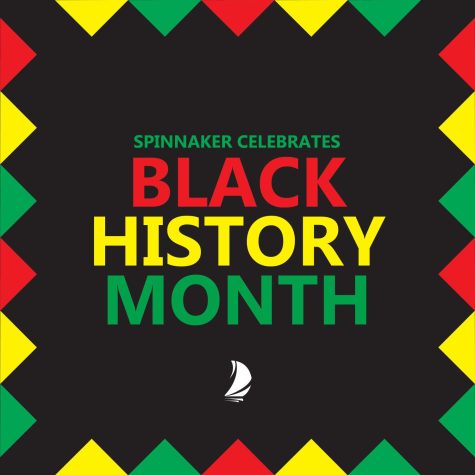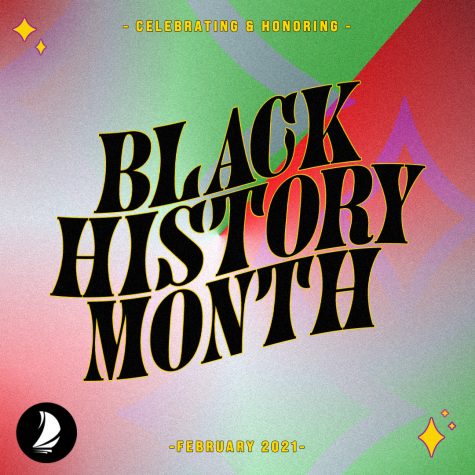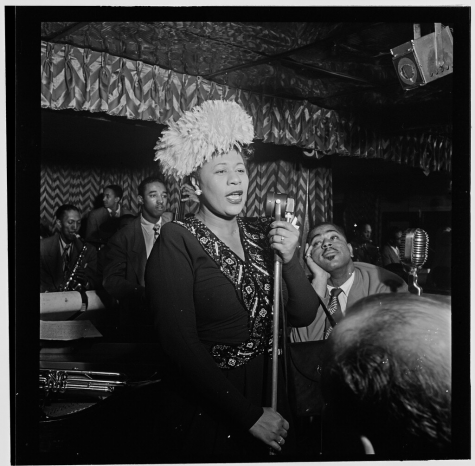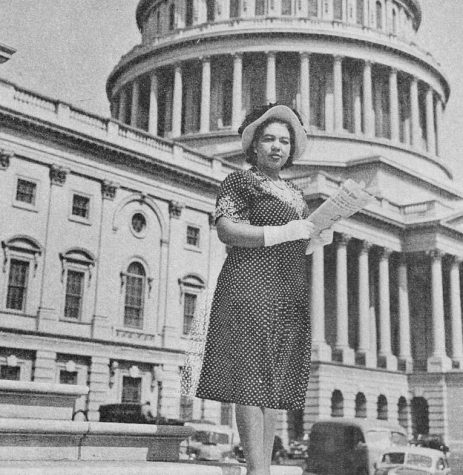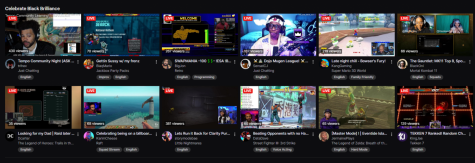Dr. Martin Luther King Jr. Scholarship Luncheon features leader of children’s movement
February 7, 2020
UNF’s University Center hosted the 39th annual Dr. Martin Luther King Jr. Scholarship Luncheon on Feb. 5. The luncheon featured Reverend Gwendolyn Cook Webb, a prominent voice of the civil rights movement in Alabama, who marched with the Birmingham Children’s Crusade after the 16th Street Baptist Church bombing.
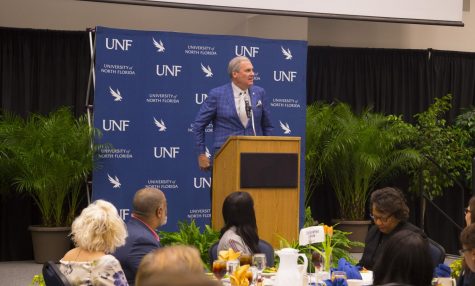
“At 14 years of age I was involved in the children’s movement as a leader in the movement with Dr. King and Dr. Bevel,” Webb said. “What happened in Birmingham, Alabama with so much bombing and killing going on of innocent people — when the children, when we at that time — we wanted to be part of the movement. We didn’t have anything to lose but our lives.”
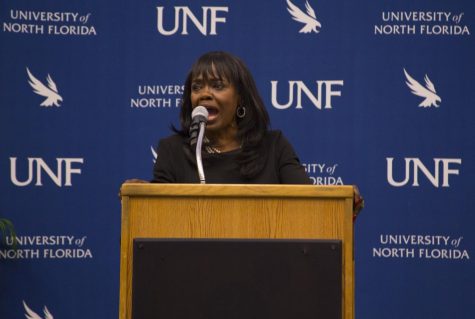
Rev. Webb’s involvement with the Children’s Crusade came at a time when racial tensions in America were extremely high and volatile, especially in Alabama. According to Rev. Webb, Dr. King found it difficult to accept children to follow his path to fight for civil rights for fear that they would be caught up in the swath of violence against African Americans in the state.
“He sent for his organizer by the name of Dr. James Luther Bevel,” Webb said. “Dr. King said, ‘I asked him, well what are we going to do?’ and in essence, Dr. Bevel told him that’s for me to know, not you Doc.”
Rev. Webb insists that Dr. King didn’t want to directly put children in harm’s way, but could not stop the children and teens from marching and protesting with him.
“Let it be known that Martin Luther King Jr. did not have anything to do with the children’s movement,” Webb said. “What I mean by that is he did not organize and send us out there. Dr. Bevel did.”
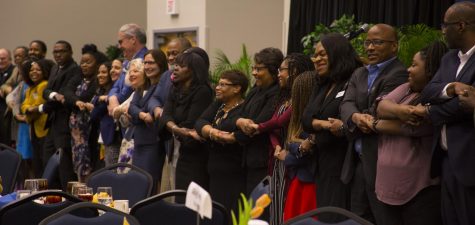
Dr. Bevel was essentially in charge of rallying and organizing the children’s movement, calling on various young people like high school football captains and student government representatives to lead their peers in the crusade, including the outspoken Gwendolyn Cook.
“What (Bevel) did was solicit the leaders of different organizations,” Webb said. “I was the head of my cheerleaders. Very active, very agile and very loud. So he said, ‘I want you’. So that was how he formed his body of young foot soldiers.”
Bevel’s strategy was to use a trickle-down method to garnish a following, using the strong leaders he recruited.
“Leaders beget followers, and that was his strategy. Once I get the leaders, I’ll get the followers,” Webb said. “The majority of the leaders were, guess what, girls. Girls. You get the girls, you were going to get the guys.”
A major aspect of the civil rights movement led by Dr. King was that it was a nonviolent movement. This condition was instilled in his followers, who themselves were subject to violent actions from white supremacists across the south.
“The movement was a religious movement. If you could not restrain from fighting, if you could not restrain from violence at all, you could not be a part of the movement. Those were our instructions” Webb said. “Because it was a nonviolent movement. No weapons. No disobedience. It was a God-driven movement.”
“We were so excited, the drive of teaching our peers, until we were getting ready for the day, some call it ‘One Day’, but we as children of the movement, we called it ‘D-Day’,” Webb said. “And the reason that it was called D-Day for us, it was a day of deliverance. We were going to be delivered from the racial clutches that were holding tight onto Birmingham, Alabama with Bull Connor and his police and his firemen. We were going to be delivered.”
Thousands of children participated in the demonstrations of D-Day, May 2 1963, and the days following. Commissioner of Public Safety Bull Connor ordered police units to arrest those involved in the protests, including the children and Webb herself. The next day, those arrests evolved into violent reactions by police, including hosing marchers, sending police dogs after them and beating them with billy clubs.
“That morning, getting ready for D-Day, my mother didn’t agree with me going,” Webb said. “She was afraid her child would be killed. That’s what it was. But, I was on a mission. And it was not impossible for me. And all of my team, it was not impossible for us.”
—
For more information or news tips, or if you see an error in this story or have any compliments or concerns, contact [email protected].


